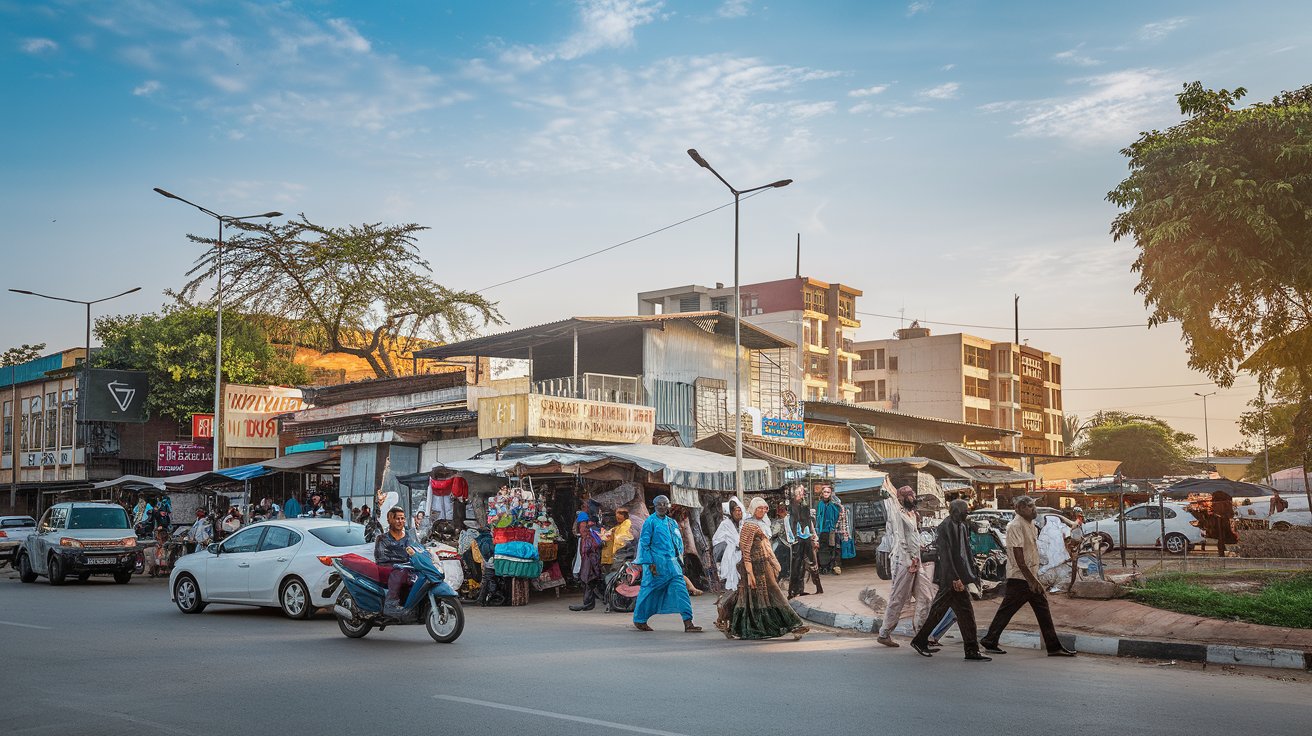Physical Address
304 North Cardinal St.
Dorchester Center, MA 02124
Physical Address
304 North Cardinal St.
Dorchester Center, MA 02124


Democracy, often regarded as the government of the people, by the people, and for the people, thrives on effective institutions that embody representation, accountability, and governance. Among these institutions, the legislature stands out as a cornerstone of democratic governance. In Nigeria, the National Assembly, comprising the Senate and the House of Representatives, plays a pivotal role in ensuring the sustenance of democracy. This article examines the critical functions of the National Assembly, its historical evolution, powers, and its significance in shaping Nigeria’s democratic journey.
The Legislatucre: A Pillar of Democracy The Unique Role of Legislatures Legislatures worldwide are vested with the power to make laws, influence policies, and represent the people. Unlike the executive or judiciary, the legislature is composed of elected representatives, ensuring that governance reflects the will of the citizens. The legislature also acts as a forum for debating issues of national importance, shaping public opinion, and driving reforms. In Nigeria, the National Assembly embodies these principles, serving as a bridge between the government and the governed.
Historical Evolution of the National Assembly – The history of Nigeria’s legislature is deeply intertwined with its colonial and post-independence journey. Before independence in 1960, the legislative body under colonial rule served merely as an advisory council, with little authority to influence policies. Most members were appointed by colonial administrators, limiting its capacity to represent Nigerian interests. Transition to Parliamentary Democracy (1960-1966)– At independence in 1960, Nigeria adopted the parliamentary system of government, which emphasized the role of elected representatives in governance. For six years, the legislature thrived as a central pillar of democracy until the military intervention in January 1966, which disrupted Nigeria’s democratic progress. Adopting the Presidential System (1979-Present) – With the return to democracy in 1979, Nigeria transitioned to the presidential model, emphasizing the separation of powers among the executive, legislative, and judicial arms. This system, reinstated in 1999 after years of military rule, has enabled the National Assembly to assert its powers and function as an independent institution. The Structure of the National Assembly– The 1999 Constitution of Nigeria, as amended, outlines the composition and responsibilities of the National Assembly: The Senate: Comprising 109 members, with three Senators representing each of Nigeria’s 36 states and one Senator representing the Federal Capital Territory (FCT), Abuja. The House of Representatives: Comprising 360 members, each representing a federal constituency. Together, these chambers perform legislative functions critical to governance and democratic sustenance
Core Functions of the National Assembly –
Milestones in Legislative Practice Sustained Democratic Rule -Since the return to democracy in 1999, Nigeria has witnessed six consecutive legislative assemblies. The current 10th Assembly, led by Senate President Senator Godswill Akpabio and Speaker of the House of Representatives Dr. Tajudeen Abbas, continues to strengthen Nigeria’s democratic framework through robust debates and policy-making. Legislative Reforms– From constitutional amendments to reforms in sectors such as electoral processes, healthcare, and infrastructure, the National Assembly has played a critical role in shaping Nigeria’s governance. Challenges Facing the National Assembly:
The National Assembly as a Catalyst for Development -As Nigeria celebrates 64 years of independence and 25 years of uninterrupted democracy, the National Assembly has a singular responsibility to foster development. By enacting progressive laws, promoting transparency, and engaging in people-centered debates, the Assembly can accelerate Nigeria’s growth and strengthen its democratic institutions. Building a Collaborative Future – For the National Assembly to fully realize its potential, it requires the cooperation of the executive, judiciary, and the Nigerian populace. Citizens must remain active participants in the democratic process, holding their representatives accountable and supporting reforms aimed at national progress. Conclusion – The National Assembly remains a vital institution in Nigeria’s democratic journey. By representing the people, making laws, and performing oversight functions, it serves as a beacon of hope for good governance. However, its success depends on the commitment of its members to prioritize the nation’s interests and the support of all Nigerians in fostering a democratic culture.